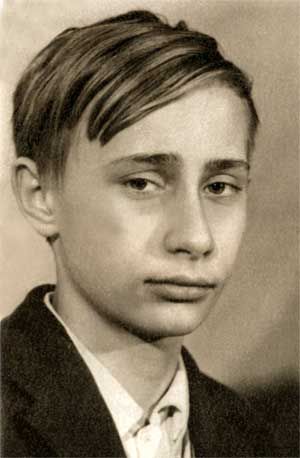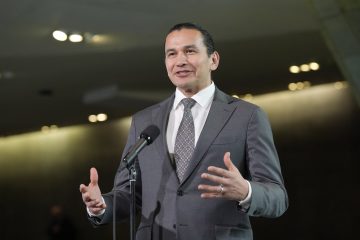Vladimir Putin: His Influence on Global Politics

Introduction
The actions and policies of Vladimir Putin, the President of Russia, hold significant weight in the realm of international relations. With Russia being a major global power, understanding Putin’s strategies and decisions is crucial as they influence geopolitical dynamics and global stability. His leadership has not only affected his nation but has also reshaped alliances and rivalries across the world.
Key Events and Policies
In recent months, several critical events have underscored Putin’s role on the global stage. The ongoing conflict in Ukraine remains at the forefront, marking a pivotal point in NATO-Russia relations. The invasion of Ukraine in 2022 has led to widespread condemnation from several countries and has resulted in severe sanctions imposed on Russia. These sanctions aim to cripple the Russian economy and diminish its ability to sustain military operations.
Moreover, the war has prompted NATO to bolster its eastern flank, with countries like Finland and Sweden seeking membership, a significant shift in Europe’s security architecture. Putin’s aggressive posture has united Western allies, demonstrating the extent to which his actions have rekindled tensions reminiscent of the Cold War.
Russia’s Economic Landscape
Despite sanctions, Russia has found ways to adapt economically. The country has sought to strengthen its ties with non-Western nations, particularly in Asia. Collaborations with China have deepened, and Russia has become a significant player in supplying energy resources to countries like India. This pivot highlights a strategic shift in Russia’s economic dependency and seeks to maintain its global economic relevance even amid Western isolation.
Global Reactions and Implications
The international community continues to monitor Putin’s moves closely. His recent engagement in various international forums, including BRICS and the Shanghai Cooperation Organization, indicates a desire to foster new alliances and challenge Western dominance. Furthermore, looming tensions regarding nuclear arms and military engagements in various global hotspots reveal the potential for escalated conflicts, encouraging nations to prepare for various outcomes.
Conclusion
Vladimir Putin’s impact on global politics cannot be overstated. His actions have catalyzed significant shifts in international relations, prompted historical alliances, and invigorated geopolitical discourse. As the world continues to navigate these complexities, understanding Putin’s strategic objectives will remain essential for predicting future global developments. Observers anticipate that his current policies may lead to either a prolonged period of conflict or eventual diplomatic negotiations, both of which will undoubtedly shape the future landscape of global politics.








